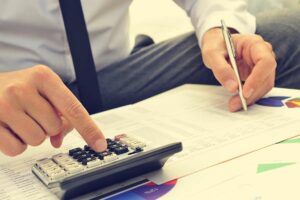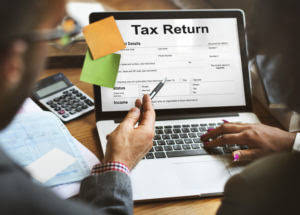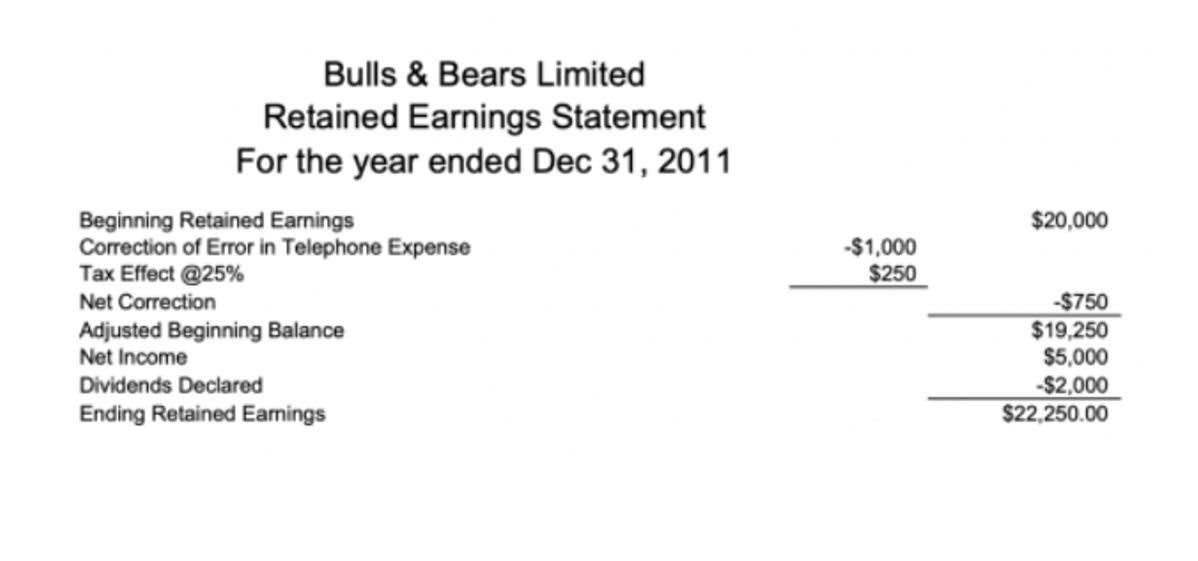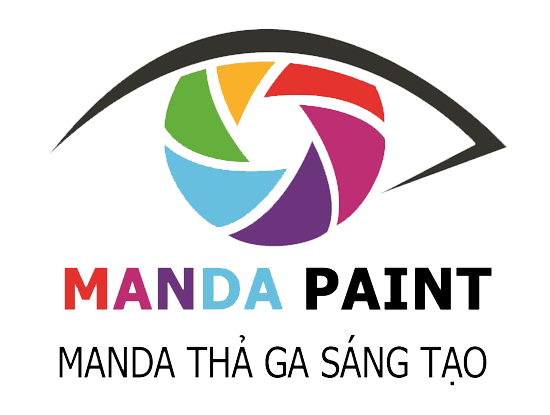
The Bachelor of Accountancy (BAC) curriculum at the undergraduate level relies more on developing foundational accounting concepts and basic skills for practice than on math skills. You must only be comfortable with numbers to easily analyze and interpret the data in the form of figures. They are not required to do complex mathematical operations, but they are performed by technology and computers.
- While math skills are important, it is not the only requirement to become a successful accountant.
- Basic math skills are essential for accountants to perform their day-to-day duties accurately.
- They must translate intricate accounting concepts into clear, accessible language.
- Students who take advanced placement courses in calculus in high school can show their competency in the subject by taking and passing the advanced placement examination at the end of the year.
- There are around 800,000 people in Australia employed in the financial services sector.
Analytical and Critical Thinking

At its simplest, accounting is the recording and reporting of financial data, which is communicated in numbers. There are around 800,000 people in Australia employed in the financial services sector. And just because some parts contra asset account of an Accountant’s job can be automated, that doesn’t mean that Accountants will become replaced by robots. While, yes, the nature of the financial services sector means your job will be numbers focused, it doesn’t mean that your job will only involve crunching numbers. Communication also involves active listening and meaningful dialogue with diverse audiences.
- If you want to work in accounting, math will be a part of your career and, in fact, your daily life.
- Much of the financial reporting that happens in accounting has to do with credits, which you add, and debits, which you subtract.
- In fact, the minimum qualification you need to become an Accountant is a Diploma.
- There are no classrooms to attend, no exams and no assessment deadlines, so you can fit your study around your life’s other commitments.
- The work that accountants do is, generally, very different from the work that a mathematician – even an applied mathematician – does.
- If you are concerned about your competencies in math and you would like to know if you can still succeed in accounting, read on and learn what type of background is a must.
- From managing budgets to analysing financial data, a solid understanding of mathematical concepts is essential for success in this profession.
How much maths is involved in accounting qualifications?
- Post-graduate degrees are also necessary to gain the necessary skills and knowledge to pass certification exams.
- All accountants need to do is to have a concept of percentage, decimals, and fractions.
- While numbers play an integral part in accounting jobs, the work extends beyond mere calculations.
- Yes, many accounting courses focus on practical skills and technology, making them accessible to individuals with average maths skills.
- Finally, managerial accountants often base their recommendations on the probability of future events.
- Almost all accounting work is now done on computers and Excel spreadsheets, which means even less math work for accountants.
Other skills such as computer and tech literacy and soft skills are more significant for an accountancy qualification. Accounting is crucial in decision-making, financial planning, and assessing a business’s overall performance, from small businesses to multinational corporations. Accountants also offer strategic advice to businesses and individuals, helping them make informed decisions about investments, budgeting, and other financial matters. However, this varies based on location, years of experience, and sector of employment. The accounting industry offers a lot of opportunities to grow and progress in your career.

Accounting Clerk: Salary and Job Description

Public practice offers accounting services to clients whose books of accounts need to be maintained, kept up to date, and appropriately produced. These jobs include certified public accountants working do you have to be good at math for accounting in public accounting companies that offer audit, tax, and advisory services. Accounts have access to calculators, excel, and often other programs that help with the math tasks of their day-to-day jobs. Most accountants are penciling in long calculations or computations on scratch paper these days. It may come as a surprise, but math, though important, is not necessarily the main skill you will need in accounting.
- As you consider career options, you may find yourself drawn to jobs in the accounting profession.
- In addition to software, online resources and tools provide further support for managing complex tasks.
- It is a field that is critical to the success of businesses as it provides the necessary data to make important decisions.
- In this section, let’s explore some common ways math is used in accounting, showcasing its accessibility.
- In conclusion, becoming an accountant does not require extraordinary math skills.
- They calculate tax liabilities, prepare tax returns, and develop strategies to minimise taxes while adhering to legal requirements.
Accounting is the business process of recording, tracking, and presenting financial data for a business, individual, or organization. Therefore, generally the most common forms of math used by accountants is basic addition, subtraction, multiplication, and division. There is no need to worry about complex formulas and equations for the most part.

In regulatory discussions or negotiations with auditors, accountants must convey compliance with standards like the Sarbanes-Oxley Act while addressing feedback and queries. This fosters transparency and trust, which are crucial for maintaining relationships with regulators, investors, and internal teams. The part of maths in the Legal E-Billing accounting curriculum depends upon the type of degree you are applying for. Accounting software like QuickBooks and Xero, as well as online resources and calculators, can handle complex calculations and support your work. Accountants ensure that businesses and individuals comply with tax regulations.

Bài viết liên quan
What is The Going Concern Principle? Guide
Operational disruptions, such as regulatory changes, technological shifts, or geopolitical tensions, can also threaten viability....
General Ledger Definition, Importance, Account Types
In bookkeeping software, to view a general ledger with its all its accounts you must...
What is a Chart of Accounts? A How-To with Examples Bench Accounting
You should consider our materials to be an introduction to selected accounting and bookkeeping topics...
My last payment processed is not giving me the option to instantly deposit funds into my account
I tried customer service and they couldn’t provide me with a definitive limit for our...
Inventory Turnover Ratio: What It Is, Formula, and How It Works
At a basic level, it shows how long it takes the company to sell off...
What is job order costing?
Each project requires specific materials, labor, and equipment, making it easier to track the cost...